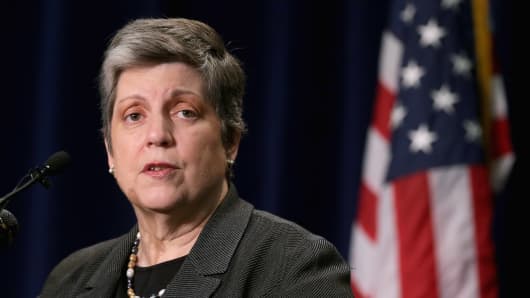There's a big story going on right now involving the FBI, the White House, and potential criminal activity.
And no, this one has nothing to do with President Donald Trump's firing James Comey. Rather, the story has the chance to be just as politically damaging as the messy ouster of the former FBI director, even though you probably haven't heard a whisper of it in the mainstream media.
Here are some of the particulars:
- A year ago, Vermont's Burlington College was forced to shut its doors after finding itself unable to meet the obligations of a big loan it took out to fund a campus expansion.
- Much of that debt was incurred during the tenure of then-president Jane O'Meara Sanders, the wife of none other than former Democratic presidential candidate Bernie Sanders, Vermont's senator and a progressive icon.
- This month, Burlington's board of trustees president confirmed to the Burlington Free Press that the Department of Justice and FBI have been looking into the entire loan approval process for more than a year, amid allegations of fraud.
Intrigued yet?
A key focus of the investigation, according to extensive reporting by the Vermont Journalism Trust's VTDigger, is the question of whether Jane Sanders and Burlington College deliberately gave misleading information about how much donor money was coming
Right now, no one knows for certain whether a crime was committed, and it bears mentioning that Senator Sanders, in an interview with a local TV station, recently denounced some of the allegations at the center of the affair as politically motivated. Since the matter is still under investigation, I will leave the legal ramifications to the justice system.
But what can and should be discussed is what this could mean for Bernie Sanders' political career, the progressive movement in general, and the boiling issue of higher education costs in America.
For the senator, all of these issues mesh together. Sanders had been a career backbencher and kind of an oddity in Washington for three decades before his stunning near miss in the 2016 Democratic Party presidential primary. At 75 years old, he's not expected to run for president again in 2020. Still, he's evolved into an influential leader in the Democratic Party, even as he self-identified as an independent while publicly declaring an affinity for Socialism. His leadership of the progressive forces in America is virtually unchallenged, with the possible exception of fellow New Englander Sen. Elizabeth Warren, D-Mass.




